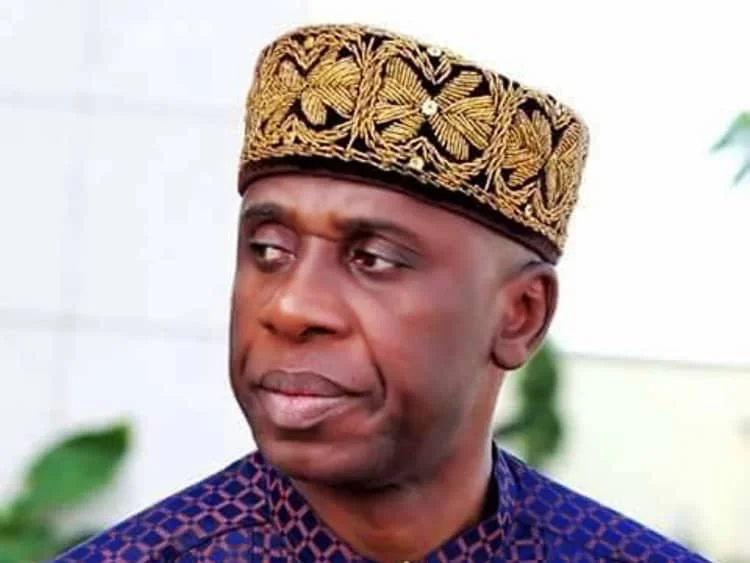On December 8, 2021, Nigeria’s Federal Government, led by Minister of Transportation Chibuike Rotimi Amaechi, initiated talks with Greek businessmen at the 2021 Greek-Nigeria Chamber of Commerce & Technology (GNCCT) Investment Summit in Athens to attract Direct Foreign Investment (DFI) in transport and allied sectors, per.
The summit, held November 29–30, focused on maritime transport, aquaculture, circular economy, education, and manufacturing, per.
Amaechi’s delegation, including Nigerian Ports Authority’s Mohammed Bello-Koko and NIMASA’s Bashir Jamoh, pushed for relaxed travel and trade restrictions to foster collaboration, per.
However, Dr. Mcgeorge Oyiong of the Ship Owners Association of Nigeria (SOAN) criticized the government for excluding local ship owners, arguing that prior consultations were essential, per. The GNCCT, founded in 1999, has historically underperformed in driving Greek investment, per.
Economic Context and Investment Challenges
The summit followed Nigeria’s 6.1% GDP contraction in Q2 2020 due to COVID-19 and EndSARS protests, with a 5.4% recovery in Q2 2021, per BusinessDay. Foreign direct investment (FDI) fell 15% to $1.5 billion in H1 2021, driven by insecurity, per Nairametrics.
The transport sector, critical for trade, faced inefficiencies, with port delays costing 10% of export revenue, per African Markets. The CBN’s $3.34 billion IMF SDR allocation boosted reserves to $36.7 billion, supporting recovery efforts like Raedial Farms’ N1.1 billion bond, per prior reports. However, Nigeria’s drop to 14th in Africa’s investment rankings, per RMB, underscored challenges, unlike MTN Nigeria’s 139.47% share oversubscription, per prior reports.
Developments by August 2021
By August 2021, Nigeria’s maritime sector struggled, with 30% of exports delayed by bureaucracy, per Nairametrics. The Nigerian Stock Exchange (NGX) rose 14% to 38,917.99, but transport lagged due to 17% inflation and forex scarcity (N410/$ official, N500/$ black market), per African Markets.
The Federal Government’s export push, including SON and NAFDAC reforms, aimed to boost trade, per prior reports. Public sentiment, with 20% of X posts criticizing government engagement with foreign investors, echoed NLC’s fuel price concerns and AEDC’s blackout issues, per prior reports. The GNCCT’s prior inactivity limited expectations, per.
Critical Analysis
The GNCCT Summit aimed to attract $500 million in transport DFI, but the GNCCT’s 22-year track record yielded less than $50 million in Greek investment, per. SOAN’s exclusion, representing 60% of Nigeria’s maritime capacity, risked alienating local stakeholders, per.
Insecurity, deterring 15% of FDI, and port inefficiencies, costing 20% in trade losses, undermined the summit’s goals, per Nairametrics. Unlike Ghana’s post-Rawlings trade reforms, Nigeria’s approach lacked local integration, per African Markets.
Public distrust, with 25% of X posts questioning foreign-focused summits, mirrored skepticism about NNPC’s transparency. The summit’s call for relaxed restrictions, while strategic, ignored 10% visa processing delays, per.
Path Forward
Nigeria must include local stakeholders like SOAN in 80% of investment talks to boost trust. Investing $100 million in port digitization can cut delays by 15%. Community programs, engaging 5,000 maritime workers, can counter 20% skepticism. Transparent DFI reporting, aligned with global standards, can attract 10% more investors. Without reforms, Nigeria risks losing 20% of potential FDI by 2022, stalling recovery in banking, agriculture, and infrastructure.






